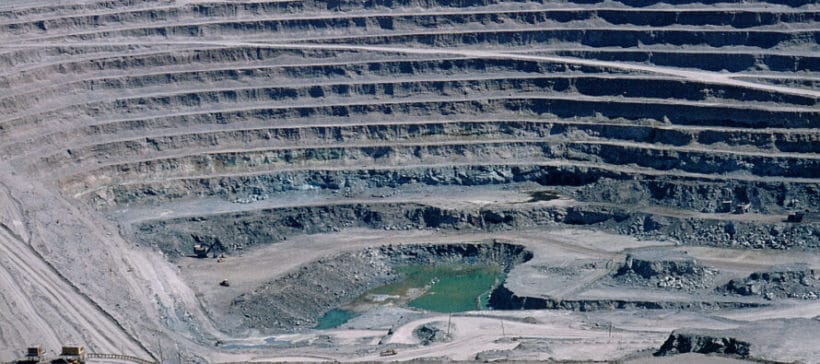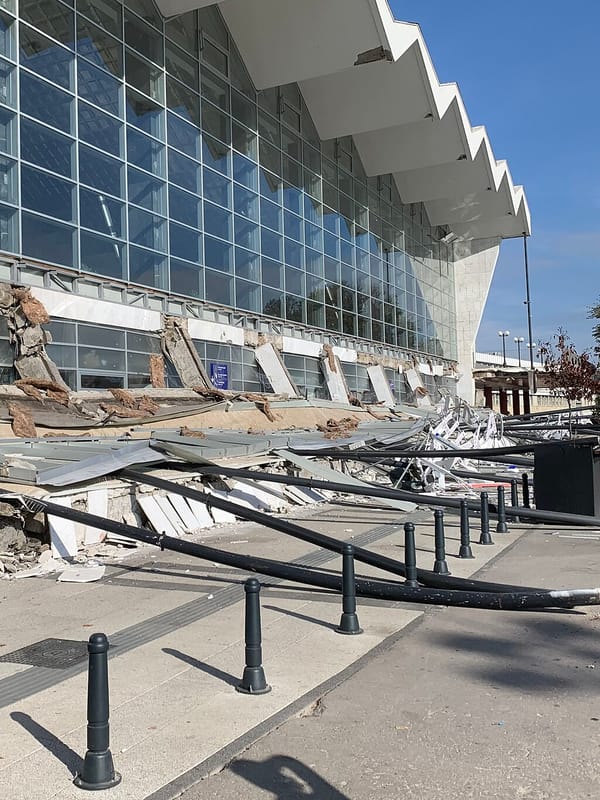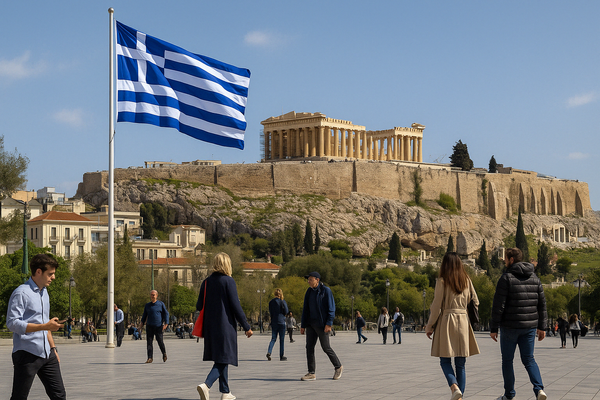
Serbian MPs vote against lithium mining ban, as Rio Tinto project edges closer
Serbian MPs voted down the enactment of a ban on lithium and boron exploration on Thursday, 10 October. An opposition-tabled House motion had suggested amending the Mining and Geological Research Act but was rejected by 128 MPs opposed, while 84 supported the change and 2 abstained.
The Serbian Parliament is the latest battleground in the conflict between environmentalists and proponents of expanding lithium mining by exploiting deposits in Jadar, north-west Serbia. The EUR 2.24bn project would be led by British-Australian global mining group Rio Tinto.
During a heated parlimentary debate, Serbian Mining and Energy Minister Dubravka Djedovic Handanovic defended the plan as a cornerstone of Serbia’s economic growth and energy transition. “Serbia has a huge potential to contribute to energy transition – our natural resources, our strategic position provide us with the basis for the development of value chains, which will be a key benefit for our country with the application of the highest standards,” she said.
“Lithium mining will devastate our natural resources, leaving future generations to suffer the consequences,” Opposition MP Danijela Nestorovic responded, echoing the sentiments of the many Serbians who have taken to the streets in protest in recent months. Lithium mining is both a chemical-intensive process and involves digging up vast amounts of rock, and the Rio Tinto plan is strongly opposed by many. Serbian police forcibly removed demonstrators from Belgrade’s Prokop and Novi Beograd stations protesting the project on Sunday, August 11.
Lithium key to energy transition
Lithium is considered a critical material by the EU and the US, due to its importance for batteries for electric vehicles (EVs) and mobile devices. Globally, lithium production is dominated by Australia, with Chile and China in second and third place. In recent years Serbia has been touted as a possible newcomer to the market, due to the deposits in Jadar.
Currently, the EU imports almost all of its lithium but wants to establish a secure supply chain of battery minerals and materials, as the EU transitions to electric vehicles and demand for the metal is set to grow by 1,800% by the end of the decade and 6,000% times by 2050.
Nestorovic however pushed for a permanent ban on mining, citing the irreversible environmental damage it could inflict. “It is up to us to leave clean water, air and land for our children (as) guaranteed to them by the Constitution – and if that moment ever comes, let them change the law,” Nestorovic said.
Gov’t remains committed to project
Djedovic Handanovic for her part pledged that the project will only be implemented only if it is demonstrated that it will not negatively impact the environment, and emphasised the economic opportunity that Serbia’s rich lithium deposits present for becoming a player in the rising global demand for the metal, particularly for electric vehicle batteries. “We will not pursue mining at the expense of our environment,” Handanovic told MPs.
However, public distrust toward Rio Tinto remains, partly due to the company’s track record in other countries. Despite the government’s 2022 promise to halt the project following mass protests, the multinational corporation’s continued land acquisition for the Jadar lithium project suggests otherwise, further fuelling distrust around the project.
The involvement of major players including Australia, the UK, US, and the EU—who view Serbia as crucial to securing a reliable lithium supply chain— is also raising concerns about corporate influence overshadowing local interests.
In the summer, Serbian President Aleksandar Vucic told UK business daily the Financial Times that “new guarantees” from the EU and Rio Tinto address Serbia’s earlier concerns over environmental standards. Backed by German Chancellor Olaf Scholz, Vucic argued that the Jadar project is essential for Serbia’s economic future.
Rio Tinto says the lithium mine would be among Europe’s biggest and make Serbia one of the world’s top ten lithium producers. It argues on the company’s website that as “the scale and high-grade nature of the Jadar deposit provides the potential for a mine to supply lithium products into the electric vehicle value chain for decades, positioning Serbia as the European hub for green energy. Double digit demand growth is forecast for lithium over the next decade,” it adds.
However, according to Serbian Academy of Sciences and Arts (SANU) economist Bosko Mijatovic, the EUR 615mn annual lithium production would ultimately contribute little to Serbia’s national coffers.





